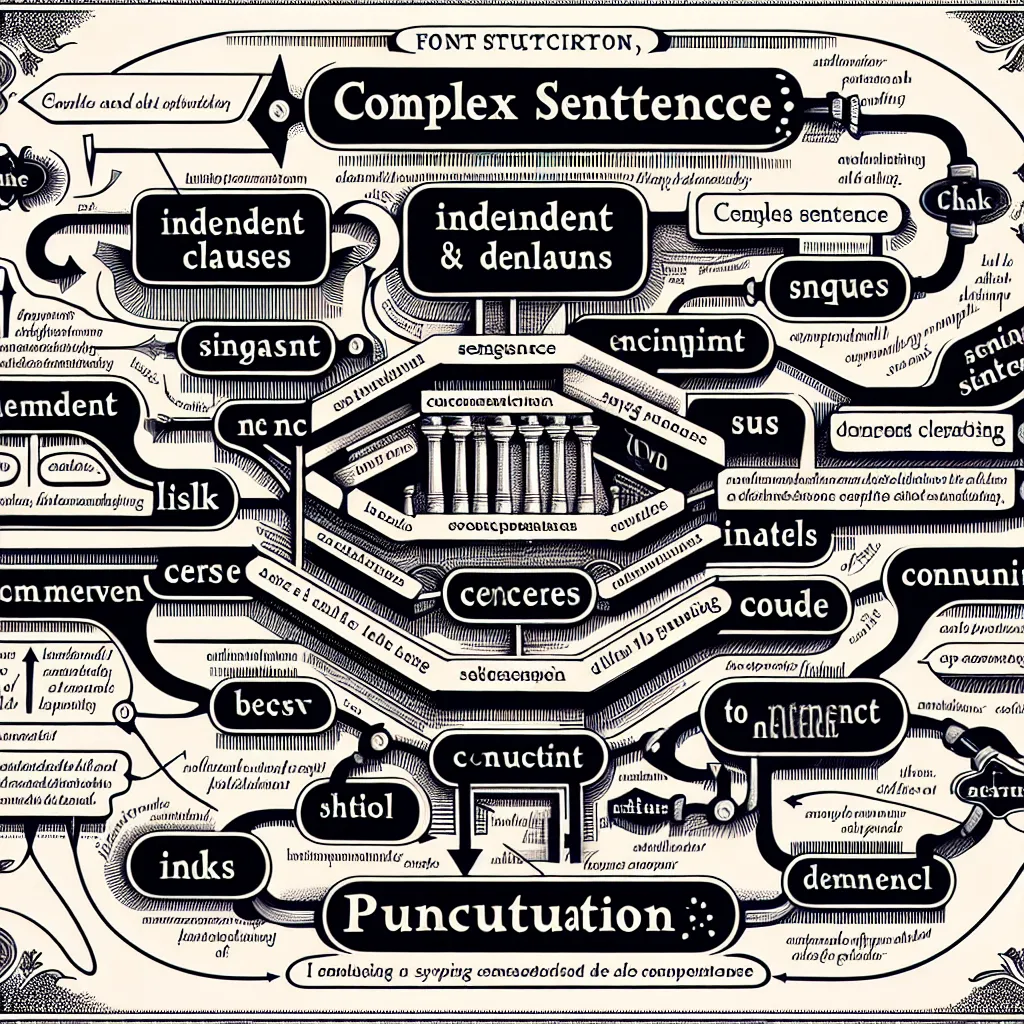Mastering grammar in spoken English can be a challenging yet rewarding journey. Whether you’re preparing for the IELTS exam or simply want to enhance your conversational skills, employing effective strategies can significantly improve your grammatical accuracy. In this comprehensive guide, we’ll explore various techniques to help you refine your grammar usage in everyday conversations.
Understanding the Importance of Grammar in Conversations
Grammar forms the backbone of effective communication. It helps convey your message clearly and professionally, reducing the risk of misunderstandings. In the context of the IELTS speaking test, proper grammar usage can significantly boost your band score. Let’s delve into some practical strategies to enhance your grammatical prowess in conversational settings.
 Importance of Grammar in Conversations
Importance of Grammar in Conversations
1. Active Listening and Mimicry
One of the most effective ways to improve your grammar in conversations is through active listening and mimicry. This involves:
- Paying close attention to native speakers or proficient English users
- Noting the sentence structures and grammatical patterns they use
- Practicing these structures in your own conversations
For example, if you hear a native speaker say, “I’ve been working on this project for three weeks,” try to use similar present perfect continuous structures in your own speech.
2. Regular Speaking Practice
Consistent practice is key to improving your grammar in conversations. Consider these approaches:
- Join English speaking clubs or language exchange programs
- Use language learning apps with speaking components
- Record yourself speaking and analyze your grammar usage
- Practice with a language partner or tutor regularly
Remember, the more you speak, the more comfortable you’ll become with applying grammatical rules in real-time conversations.
3. Focus on One Grammar Point at a Time
Instead of trying to perfect all aspects of grammar simultaneously, concentrate on one specific area at a time. For instance:
- Week 1: Focus on using articles (a, an, the) correctly
- Week 2: Practice using modal verbs (can, could, should, etc.)
- Week 3: Work on perfecting your use of prepositions
This targeted approach allows for more focused practice and quicker improvement. For a deeper dive into mastering modal verbs, check out our article on how to improve your understanding of modal verbs.
4. Use Grammar in Context
Learning grammar rules in isolation is not as effective as applying them in real-life situations. Try these methods:
- Create sentences using new grammar structures based on your daily experiences
- Describe your day using specific tenses (e.g., past simple for completed actions, present perfect for experiences)
- Engage in role-play scenarios that require the use of particular grammatical structures
For example, if you’re practicing reported speech, you might say, “My friend told me she was going to the cinema tonight,” instead of directly quoting her words.
 Using Grammar in Context
Using Grammar in Context
5. Utilize Technology and Resources
Take advantage of the numerous technological tools and resources available:
- Grammar checking apps (e.g., Grammarly, ProWritingAid)
- Online grammar quizzes and exercises
- Podcasts focusing on English grammar
- YouTube channels dedicated to English language learning
These resources can provide instant feedback and help you identify areas for improvement. For more advanced grammar topics, such as complex phrasal verbs, visit our guide on how to use complex phrasal verbs.
6. Keep a Grammar Journal
Maintaining a grammar journal can be an excellent way to track your progress and reinforce your learning:
- Write down new grammar rules or structures you encounter
- Note examples of how these rules are used in context
- Record any mistakes you frequently make and their corrections
- Review your journal regularly to reinforce your learning
This practice helps internalize grammar rules and makes it easier to recall them during conversations.
7. Embrace Correction and Feedback
Don’t shy away from corrections; instead, view them as valuable learning opportunities:
- Ask friends, teachers, or language partners to correct your grammar mistakes
- When corrected, repeat the correct form and try to use it in a new sentence immediately
- Reflect on why the correction was made to deepen your understanding
Remember, making mistakes is a natural part of the learning process. Embracing corrections helps you improve faster.
Conclusion
Improving your use of grammar in conversations is a gradual process that requires patience, practice, and persistence. By implementing these strategies consistently, you’ll notice a significant improvement in your grammatical accuracy and overall fluency. Remember to focus on progress rather than perfection, and celebrate small victories along the way.
To further enhance your English skills, especially for the IELTS exam, consider exploring our articles on how to improve accuracy in reported speech and how to master the use of articles in English. Keep practicing, stay motivated, and watch your conversational grammar skills soar!




